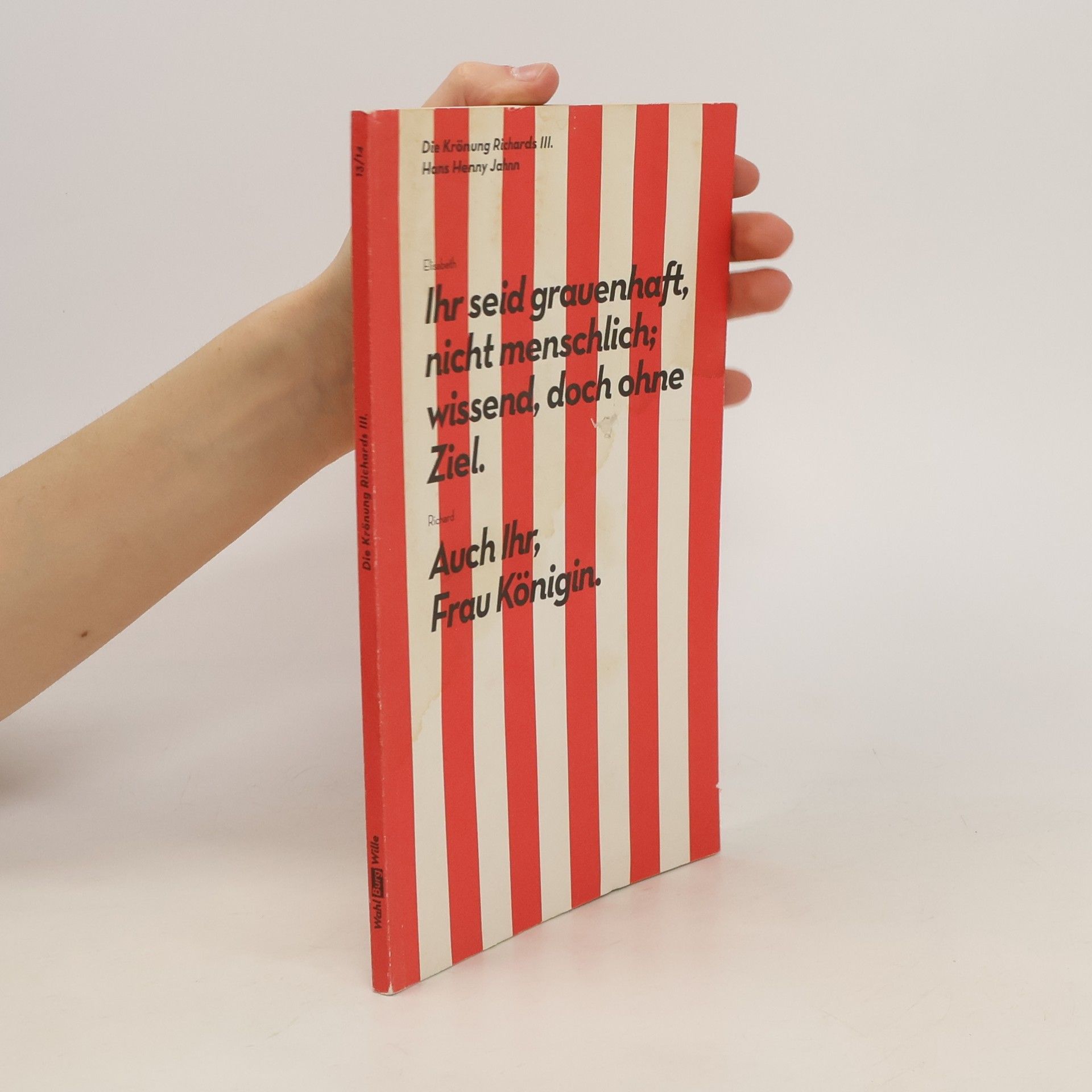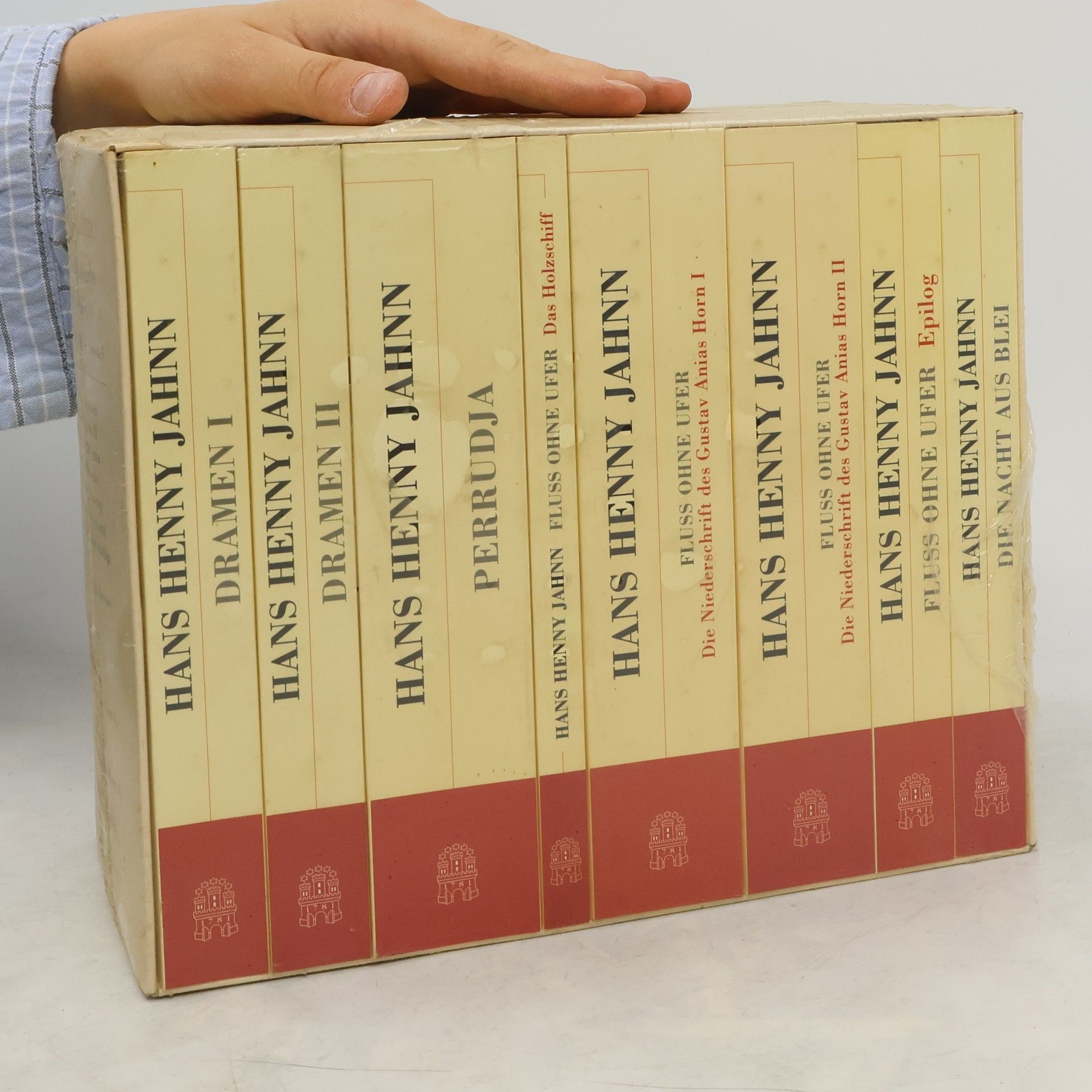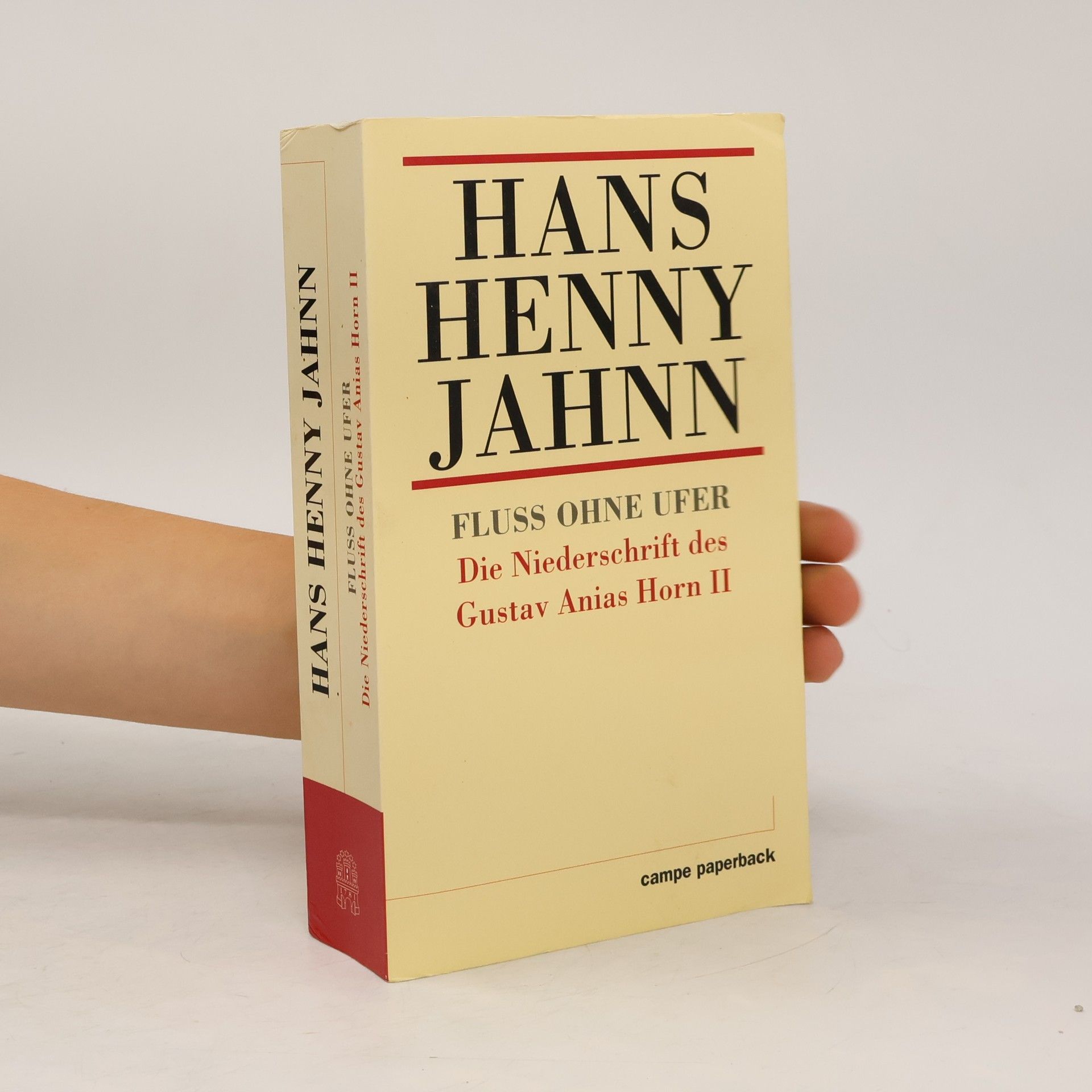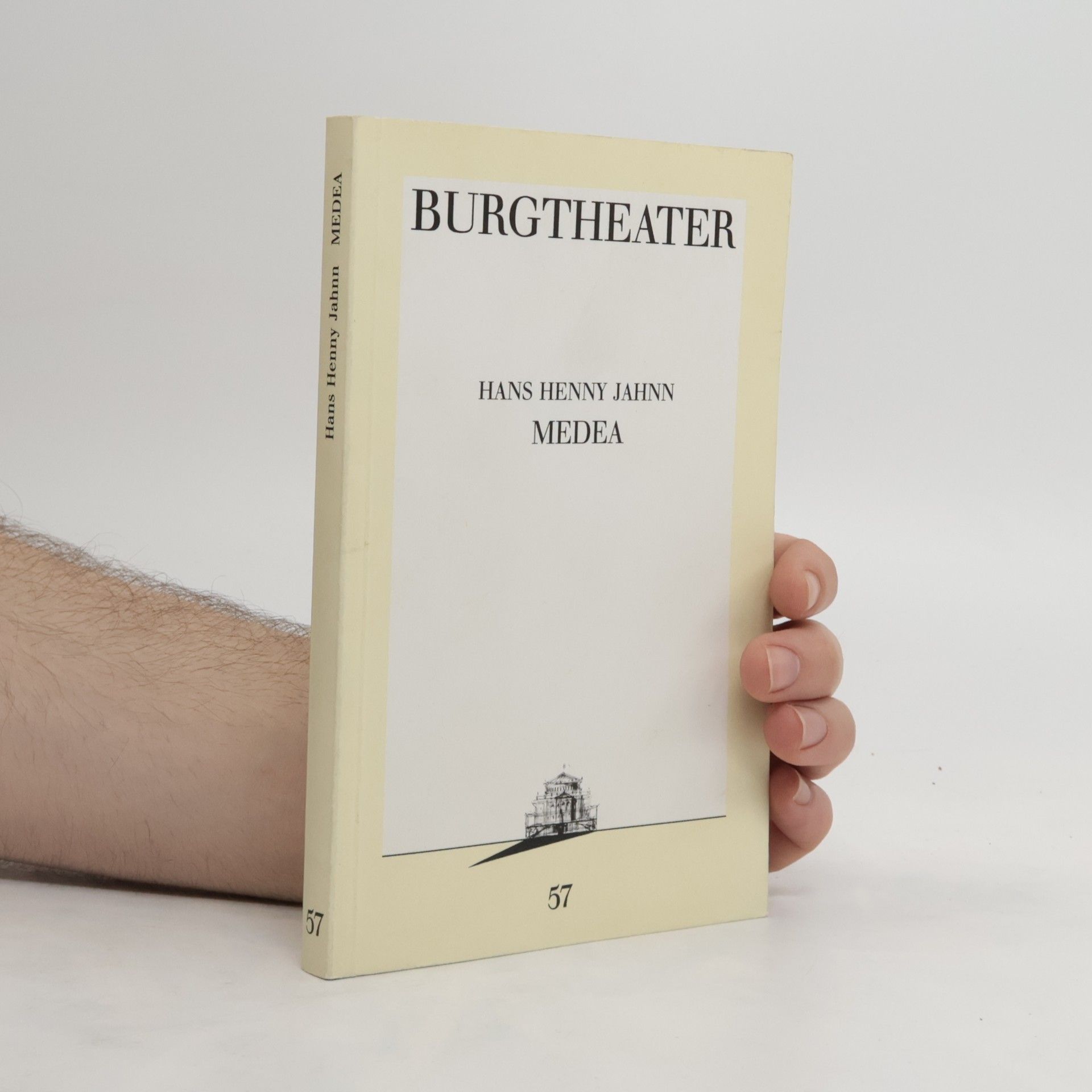Hans Henny Jahnn Book order (chronological)
Hans Henny Jahnn was a German playwright and novelist whose work is characterized by a nihilistic and Expressionist style. His plays often feature unsettling motifs, delving into the darker aspects of the human psyche. In his prose, including extensive novelistic trilogies, themes of isolation, the search for identity, and existential angst are frequently explored. Jahnn's literary style is demanding yet evocative, creating a powerfully atmospheric experience for the reader.

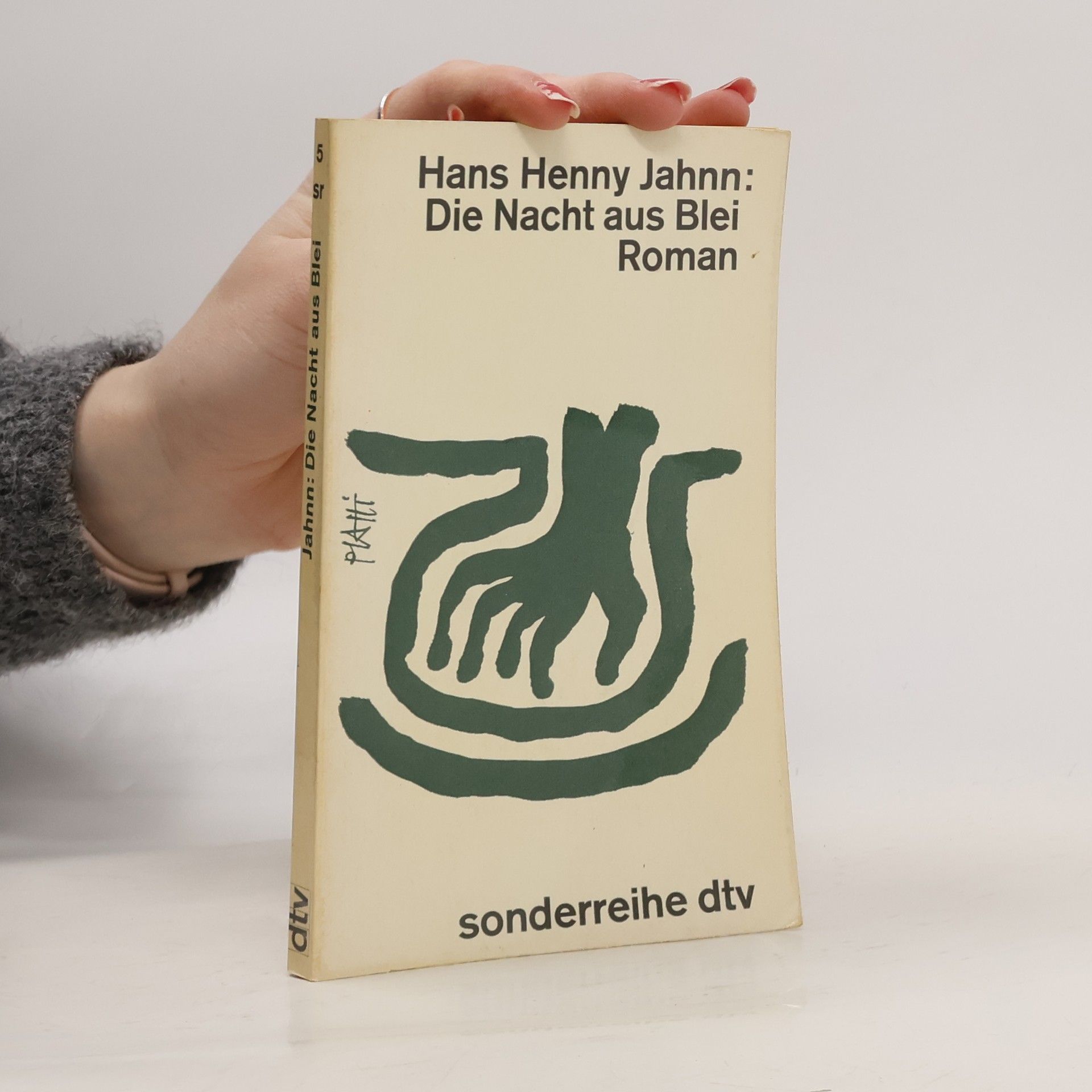
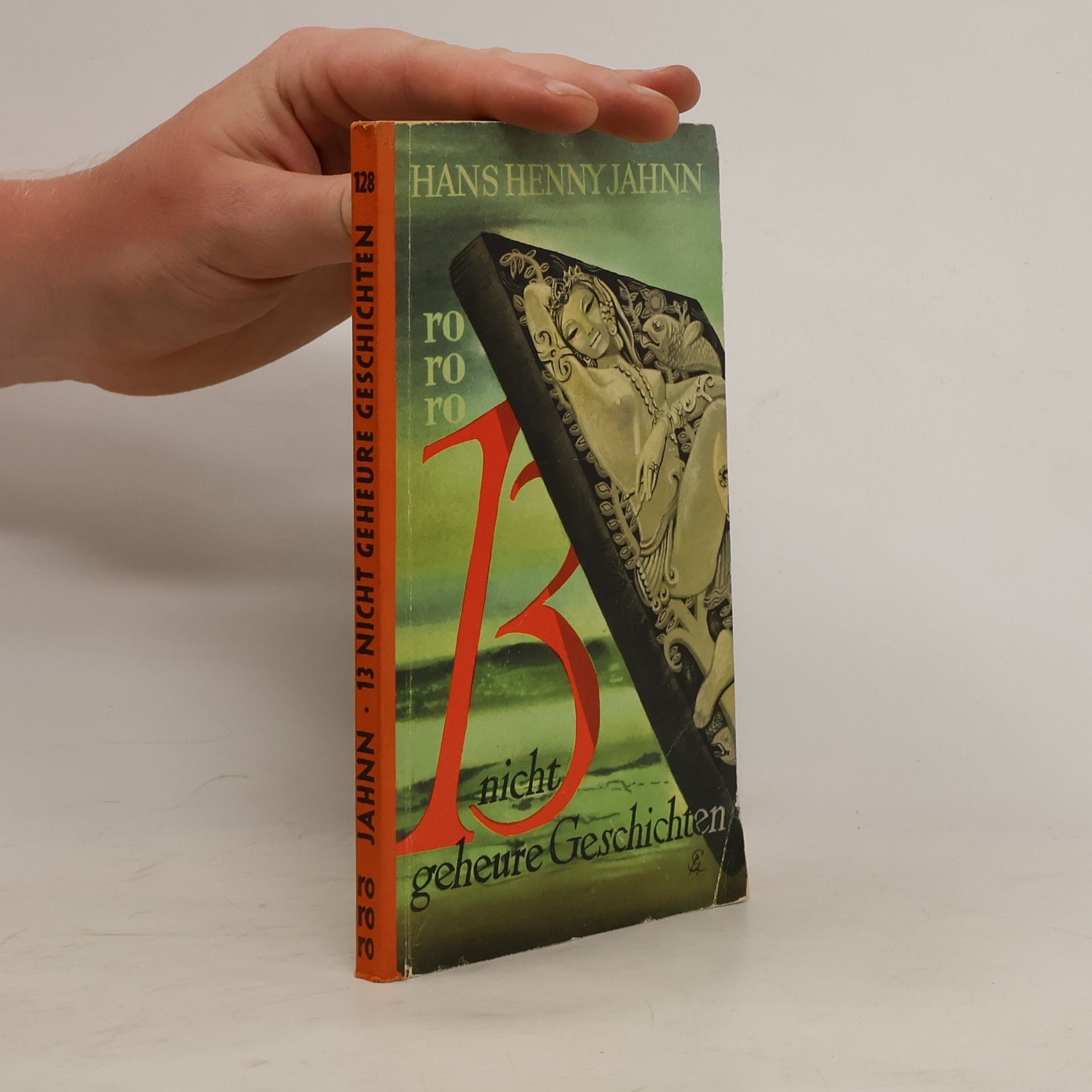
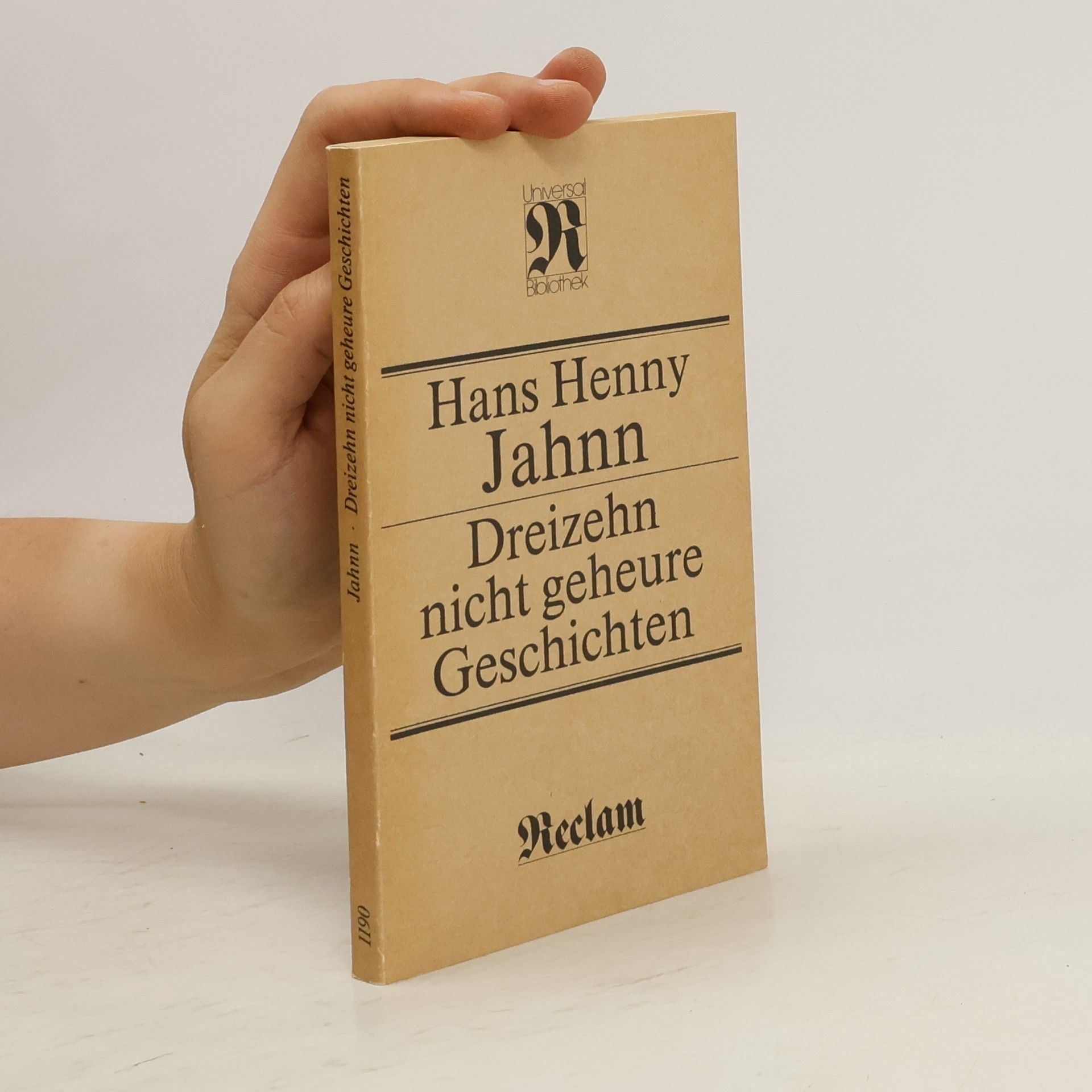

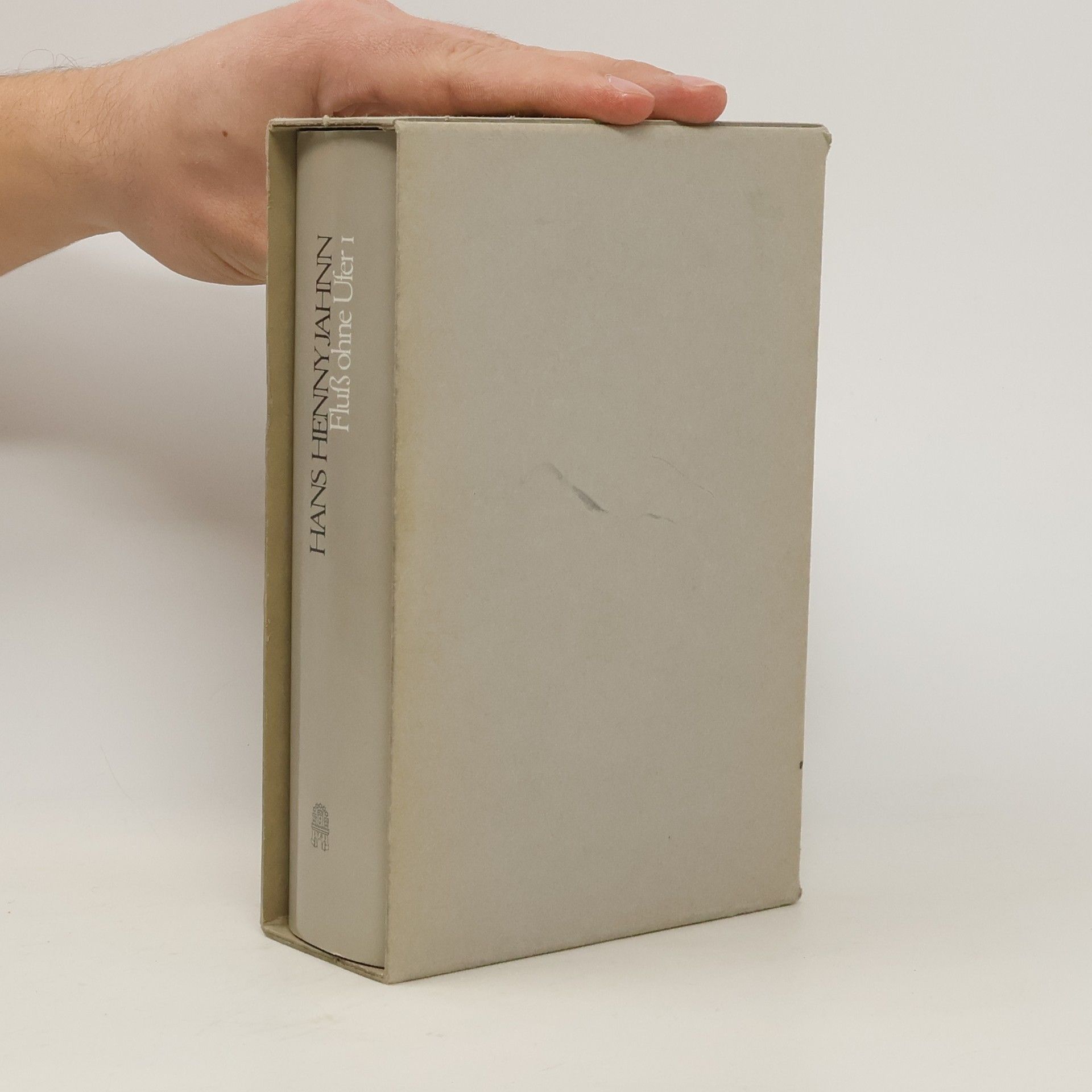
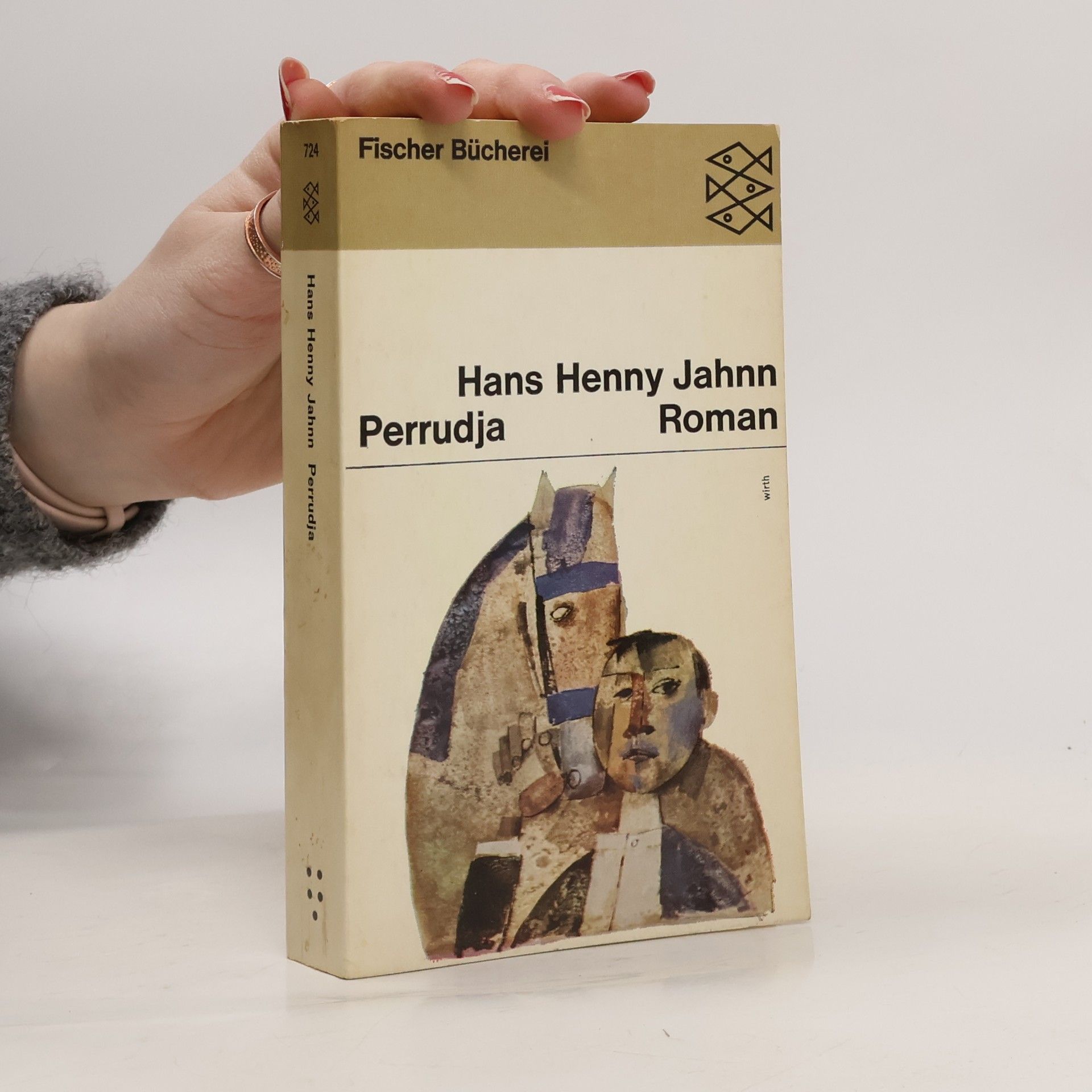
Hans Henny Jahnn (1894–1959), prozaik, dramatik, esejista a stavitel varhan, nositel řady literárních cen, je jedním z nejsvéráznějších a nejspornějších německých autorů 20. století. Z jeho význačných děl jmenujme expresionistické drama Pastor Ephraim Magnus (1919), monumentální románovou trilogii Fluß ohne Ufer (Řeka bez břehů; 1949–61) či román Die Nacht aus Blei (Olověná noc; 1956). H. H. Jahnn ve svém díle důsledně uplatňuje své tvůrčí i životní krédo, totiž nekompromisní postoj vůči konzervativní a konvencemi svázané společnosti. Člověka pojímá jako pudovou bytost, toužící po svobodě a lásce, kterou tento odlidštěný svět přímo ohrožuje. Jahnnovy barokně obrazné a symbolické texty, které jsou neustálým prolínáním snu a reality, vždy odkazují k oné touze po vymanění se z nesmyslných pravidel. Sbírka Třináct podivných příběhů (1954) poprvé představuje tohoto autora v českém překladu.
Anlässlich des 100. Geburtstags von Hans Henny Jahnn erscheint eine Jubiläumsausgabe seines Werkes, die die Texte der kritisch-revidierten "Hamburger Ausgabe" enthält und in einer preisgünstigen Version erhältlich ist.
Die Nacht aus Blei. Nachw. v. Josef Winkler
- 124 pages
- 5 hours of reading
Jahnns kürzester Prosatext behandelt zentrale Themen seiner Dichtung wie Jugend, Liebe, Mensch und Tod. In seinen Knabentragödien sterben Liebende gemeinsam, was Ängste vor dem einsamen Tod weckt. Winkler reflektiert über die befreiende und lebensrettende Kraft der Literatur.
Pastor Ephraim Magnus Die Krönung Richards III. Medea. Versfassung 1926
Fluss ohne ufer
Die Niederschrift des Gustav Anias Horn II
Dramen II
Straßenecke; Neuer Lübecker Totentanz; Armut, Reichtum, Mensch und Tier; Thomas Chatterton; Der staubige Regenbogen
StraßeneckeNeuer Lübecker Totentanz, Fassung 1931Armut, Reichtum, Mensch und TierThomas ChattertonDer staubige Regenbogen
Das Recht der Tiere
Weihnachtsappell 1956
„Wir müssen einmal betrachten, wo wir stehen, was wir vollbracht haben und uns vornehmen, weiterhin zu vollbringen. Da gibt es zum Beispiel die Vivisektion und Versuche am lebenden Tier. Gelehrte von Format bemühen sich, die Reinheit der Wissenschaft zu beteuern. Sie sprechen von Notwendigkeiten der Forschung, vom Streben nach Erkenntnis, vom Suchen nach Wahrheit. Ein ganzes Arsenal an Beteuerungen und lauteren Erklärungen wird aufgeboten, um zu verteidigen, was nicht verteidigt werden kann, was durch keine Sittlichkeit entschuldigt wird. Denn die Aussagen, die ein reines Bemühen darlegen sollen, müssen notwendigerweise von jenen zurückgewiesen werden, die Opfer dieses angeblich reinen Bemühens sind. Und ihre Zahl ist längst unermeßlich, schließt man die Tierheit, als dem Schmerz offen, ein. Eine Wissenschaft, die es sich gestattet, daß zur Feststellung längst bekannter oder nicht verwertbarer Tatsachen immer wieder, täglich, jahrein, jahraus, Tiere zu Tausenden, zu Millionen lebend seziert werden, ungeachtet der Qualen solcher Opfer, eine Wissenschaft, die vor keinem Experiment am Lebendigen zurückschreckt, hat als Ganzes den Anspruch verwirkt, als rein, als schuldfrei zu gelten.“ Hans Henny Jahnn
